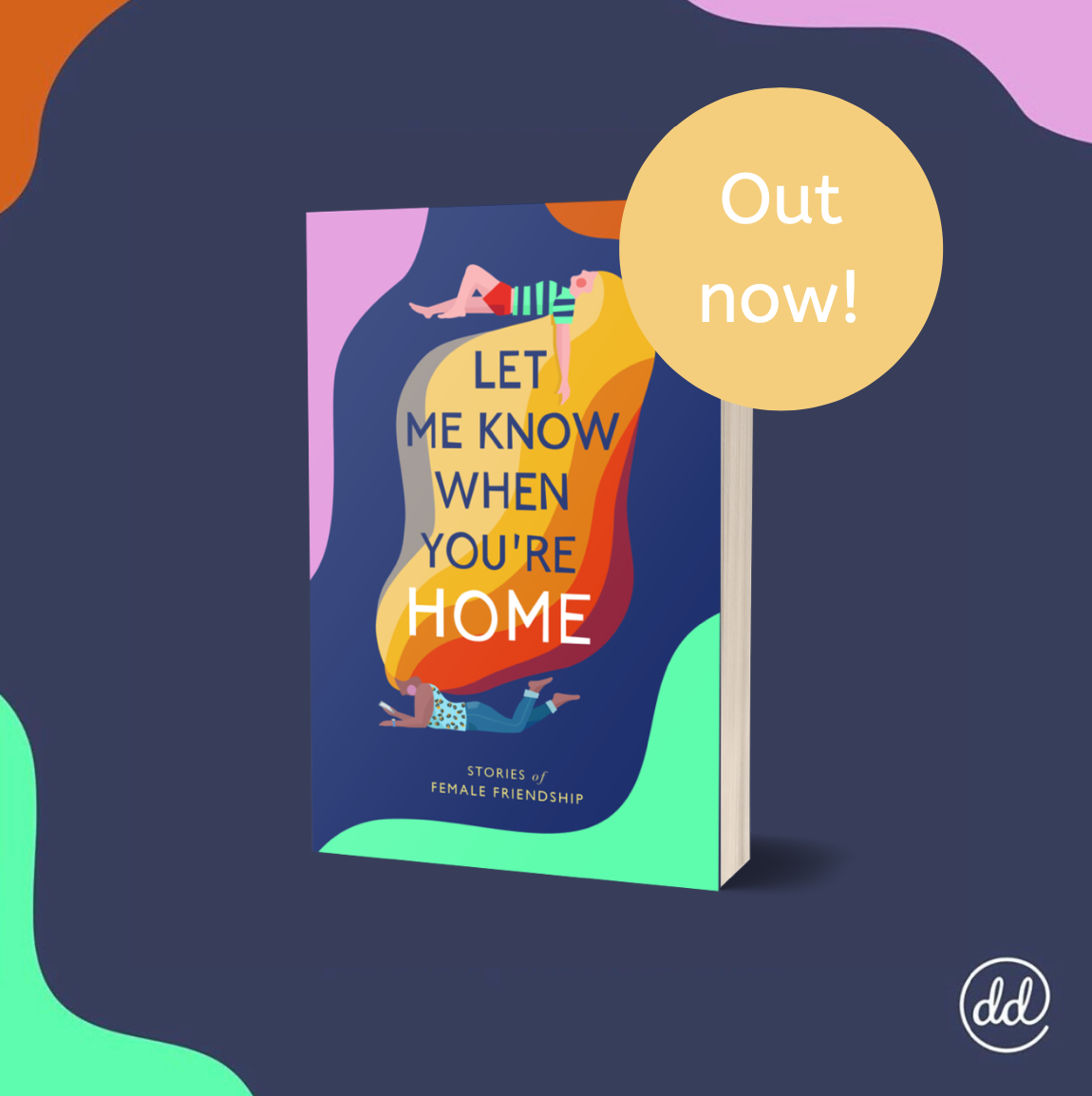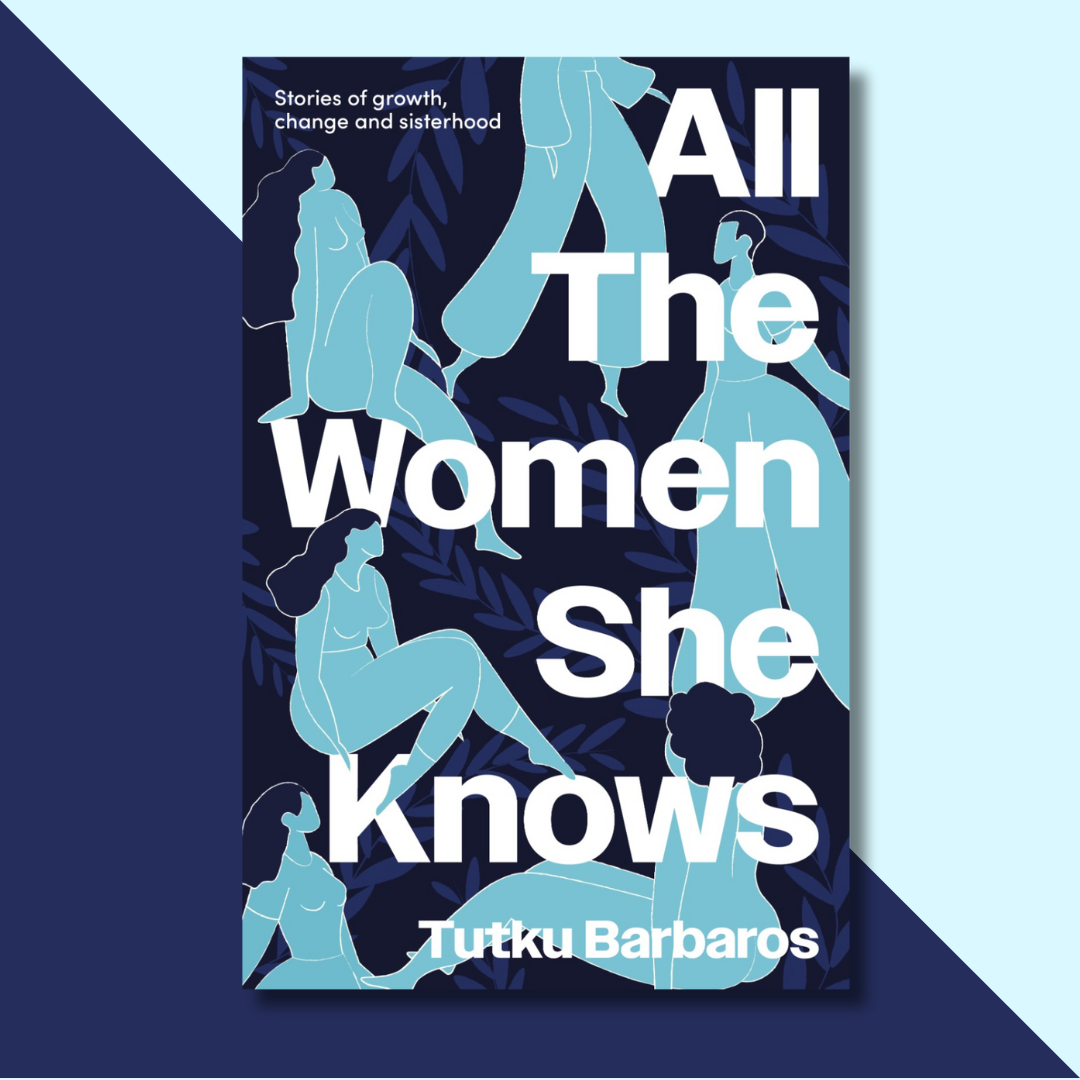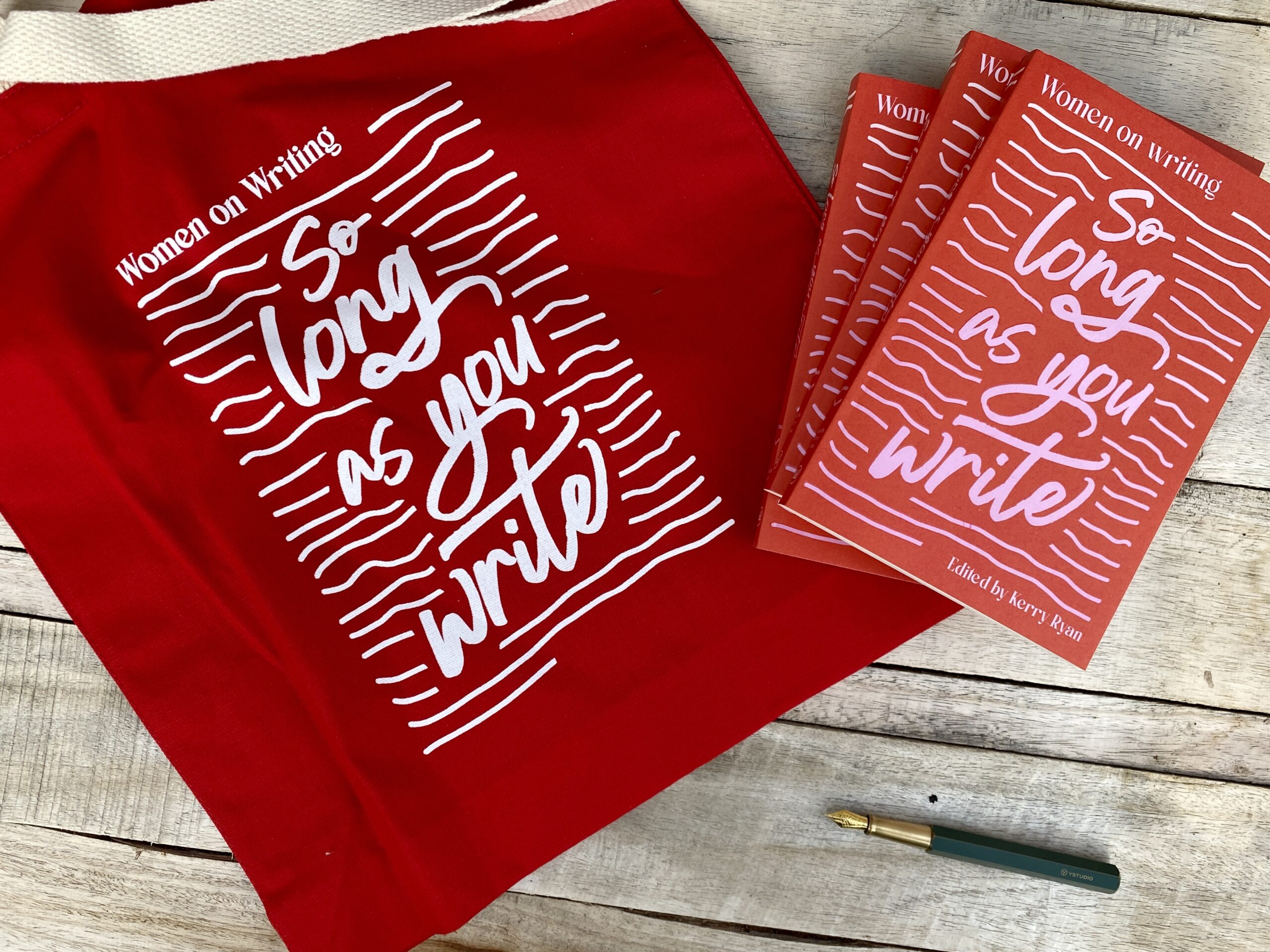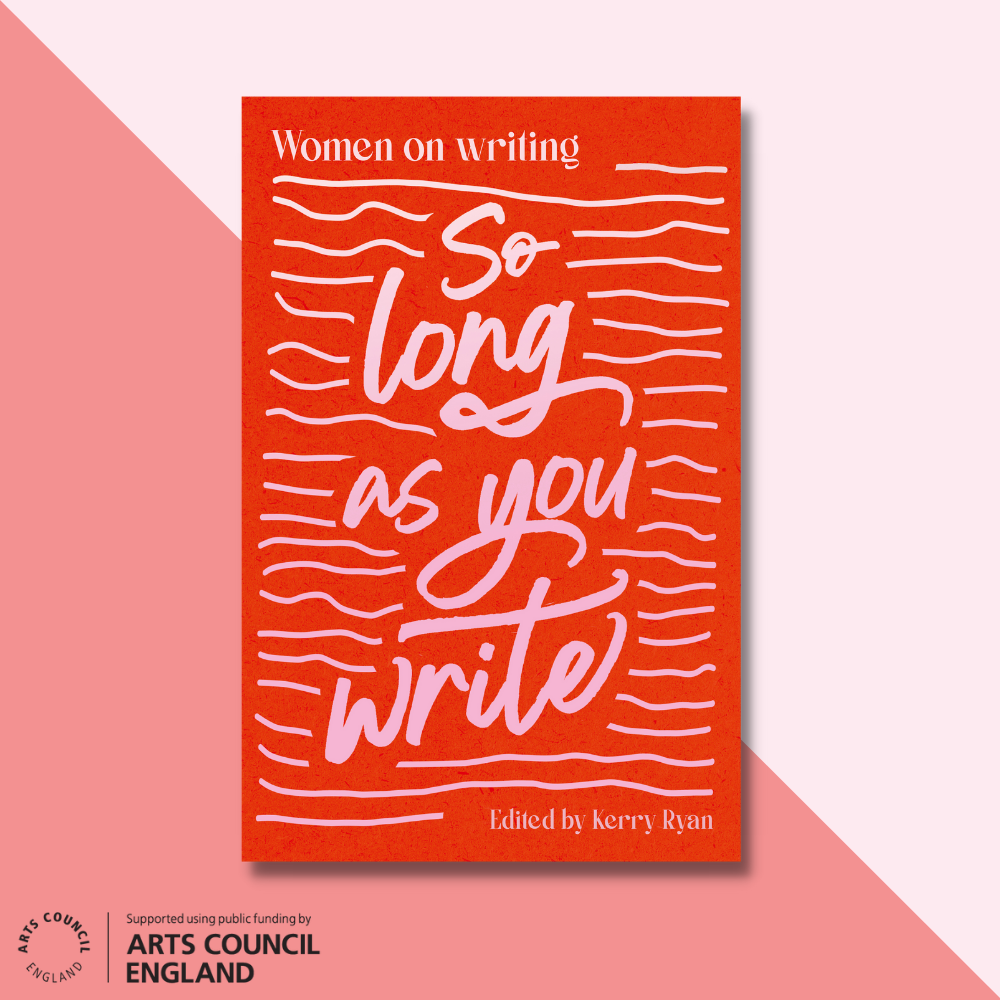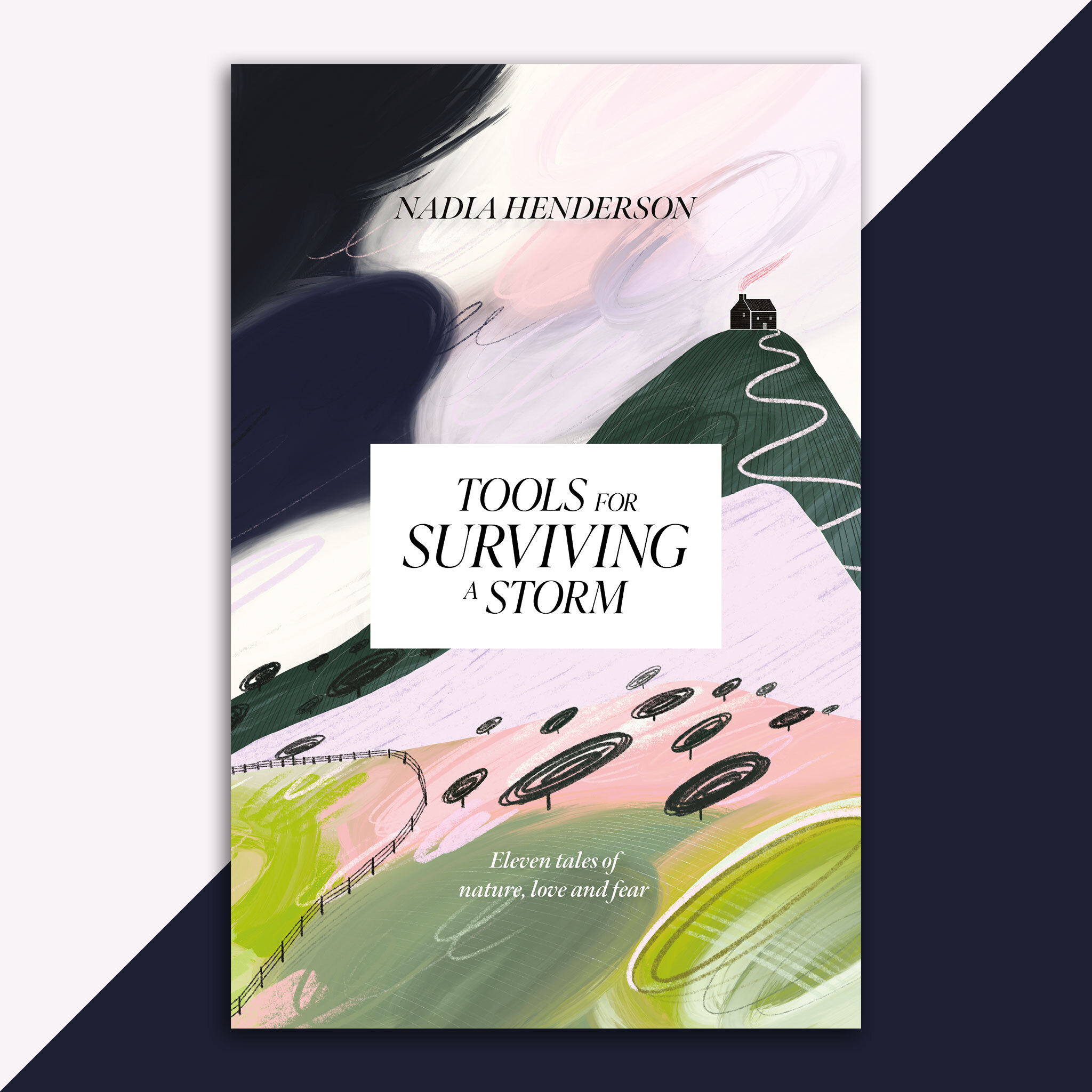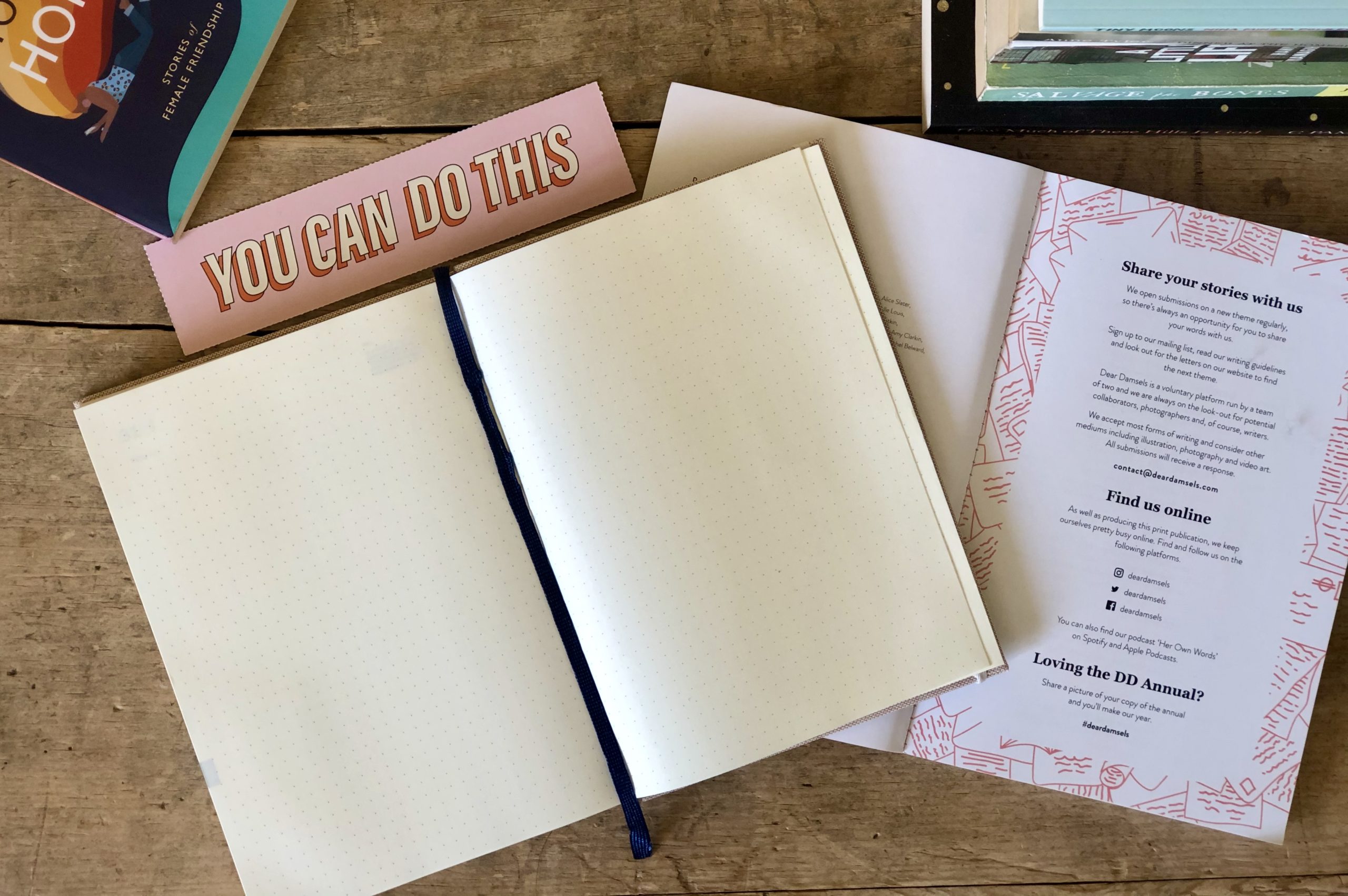ASH (A LOVE STORY) | Sinéad Gordon unpicks the intimate and entwined nature of a friendship in this beautiful piece of short fiction.
by Sinéad Gordon
If you’re up can you call me?
At 12.35pm it’s not exactly early morning, but she knows me.
When we were teenagers (say, sixteen and seventeen-and-a-half, respectively), she knew she’d never get an answer before 11, and even after that I’d need at least three hours to rouse myself before making any commitments to any plans for any form of activity, at any level of strenuousness. She’d have been up for hours, thickly Rimmel-ed (she never took her make-up off back then – she’d come out of the shower and it would be dripping down her face, mascara congealing wetly beneath her chin. She’d wander around in her towel like that, digging out the coming evening’s ensemble from various unlikely locations, the easy flow of her chat never losing its rhythm), and making her way back from a trip to Primark, wanting for company. My slovenly behaviour used to irk her a little, but we didn’t have the right name for it then. Besides, she’s never been able to hold grudges; from time to time she’ll be consumed by a swift rage, which always passes without leaving any mark.
It’s several years later now though. We’re still much like our younger selves, albeit much better dressed, but, for now, mornings and I have brokered a tenuous peace. Today I receive her text just as I shut the front door of a flat that’s not mine. The sun is shining; it always seems to be when I leave there – either an offering of comfort or an auspicious omen that my good spirits will continue. I’ve taken it as either, depending.
If you’re up can you call me?
She’s been suffering recently, in ways I recognise but which are a bit more alien to her. Much in the same way as anger washes over her and recedes like a wave, difficult experiences have always been a thing of a moment, which are met, embraced and then consigned to history. If I make her sound shallow, then I don’t do her justice – she’s got a depth of empathy, a capacity to listen and absorb without judgment that I’ve never found in anyone else. It’s more that she’s a Freudian ‘after’ photo – the poster girl for trauma confronted and made redundant. True, it’s not always been that easy; there was The Boy, a pathological narcissist with unforgivably shit tattoos that got under her skin and festered there for a few years (a grudge or two would probably have been appropriate in the face of his myriad transgressions). But that, he, was her one real poison, and at least she could always talk about it. There was no quiet darkness – at least, none that she ever allowed out.
“Next to the strength of her character, my own has always felt slightly illusory.”
It’s here now though. On Friday night we all sat around a table, drank wine and swapped insults with the assuredness of people who’d known each other for a long time. Later, when conversationalists had bunched into small groups, she cried quietly and told me how she was struggling. She was feeling lost; she’d broken up with her boyfriend (not The Boy, but a real Person) and was thinking it might have been a mistake. She’d wanted freedom but was now feeling the emptiness of the loss, and was learning there were insecurities lurking within her that she didn’t like. He had kept them at bay, and now he was gone. She wept, drunk, in the warm light of her father’s kitchen.
I call her now, from the bus to the station. Her voice is broken with sleep and sadness. She had a dream, she says, and starts to cry again.
I think of all the times I’ve leaned on her over the course of our friendship, particularly over the past year. The things she’s said have stayed with me, if not verbatim then in the impression they left. And I think of all the times I’ve tried to advise her, and always felt pathetically ill equipped. How could I ever presume to help her? She is beautiful, confident, smart; she has always been able to do anything, talk her way in or out of any situation. I always felt slightly weak, slightly pale and trite in the light of her vivacity. In our friendship I have been able to offer myself as a sounding board, a supportive ear, but I haven’t been able to tell her how she should live, because she’s had that down as long as I’ve known her. Next to the strength of her character, my own has always felt slightly illusory.
Yet here she is now, speaking a language with which I am familiar. I am empty, I’m broken, I need help. Some of it she vocalises; the rest is so rawly obvious she doesn’t have to. I give her what I can, what I’ve managed to distil from the bleakness. There is little discernible guidance to be found in it but I share what I have. It strikes me (I am probably being sentimental, but love abounds) that this is a good thing in the midst of a lot of badness; I have hurt so I can heal her hurting. I know that’s too simplistic; it’s not that neat. But it’s not untrue either.
I think she will be fine – it’s in her nature to be. Even I am on the cusp of fineness – aspirationally fine, I suppose. But then, when I am not fine, she’s the one who brings me closer to being so. It’s a rare and incredible thing, and who will do it for her when she needs it? Who is good enough? I worry. But I will tell her what she is, so at least she knows.
Sinéad Gordon
Discovered a story of friendship you want to share? We’d love to hear about it. Tweet us @deardamsels.
